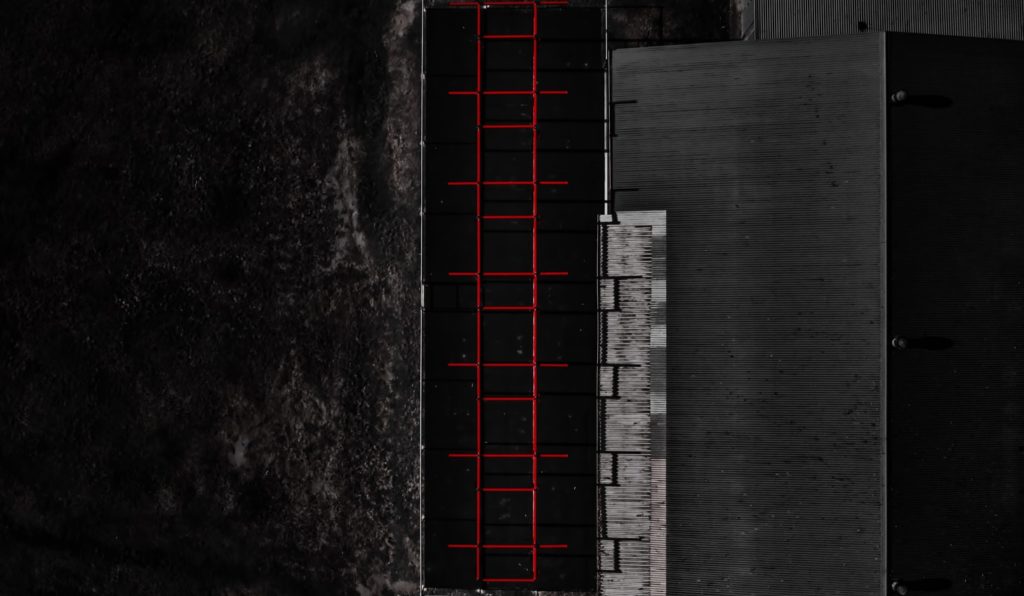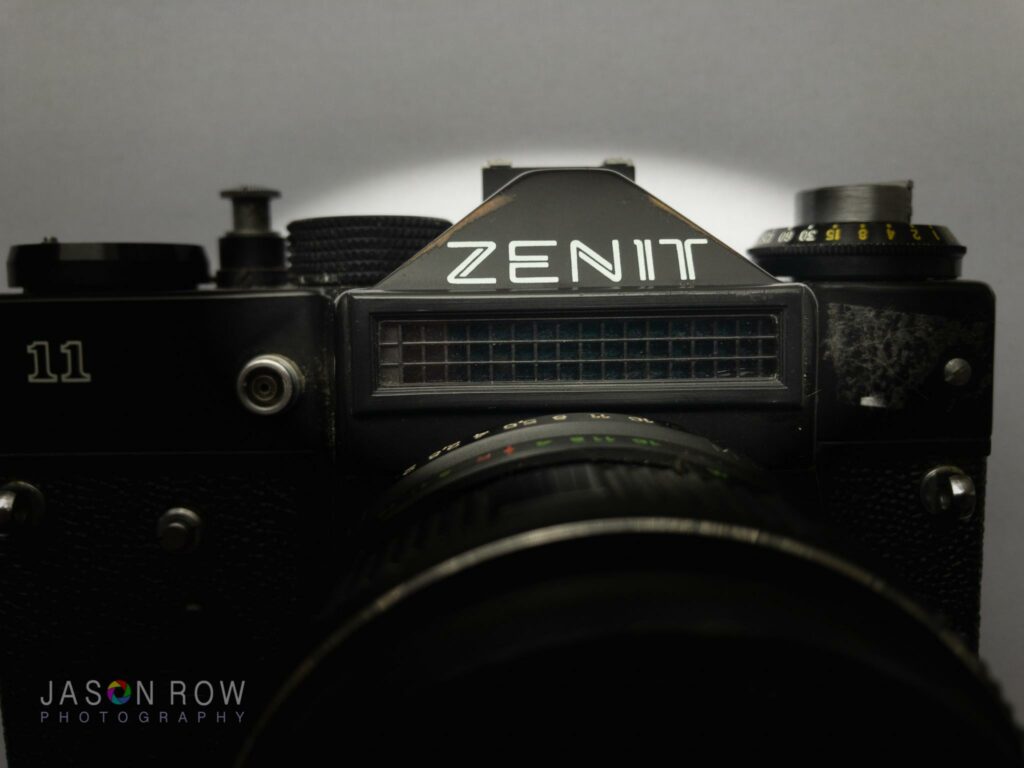When researching this article, I found many posts saying how many of us are too harsh on our own work. Personally, and I don’t think I am alone, I am nowhere near my own harshest critic. I am happy to accept constructive criticism from others but reluctant to apply the same analysis to myself.
I think that one of the issues we face is that the lack of wider criticism in the digital age, leads us to be less critical of our own work.
Post a decent image to 500px or Flickr and the chances are that you will get glowing praise and little critique. This praise clouds our evaluation of our own work and makes us less likely to find issues in it.
So what can we do to bolster our own inner critic?
1. Have A Good Mentor
Our own ability to critique is often learnt from others.
My formative years as a photographer were spent with a seasoned pro who examined everything he took in minute detail. He also took the same approach to my work. Not only did this force me to take better shots, but it also forced me to analyse them in more detail too.
Of course we don’t all have the luxury of being assigned to a professional photographer, however, there are many good camera clubs and groups that you can join. Among them will be seasoned, experienced photographers who will often be happy to pass on that experience and knowledge.
By embracing the criticism that your peers teach you, you will find yourself becoming more critical of your own work.

2. Be Critical Before You Press The Shutter Button.
How often have you lined up a shot through the viewfinder and thought that’s great and fired away? It's quite common for us to ignore the little details in a shot that reduces it from a great image to merely a good one.
There may be a discarded beer can in the shot. We might be very slightly off in composition. We might think to ourselves that in both cases we could fix it in post. We would be right, but where is the satisfaction in that?
Knowing a shot is great, should happen the moment you press the shutter button. That can only happen if you are critical with your technique and composition before you press that button.

3. Be Critical In Editing
Image management tools have made it easy for us to catalogue and rate our images. However, I like many others, have a tendency to overrate some images. When you are initially editing a newly uploaded shoot, channel your inner critique to the images. Look for the tiny little details that might degrade the impact of an image.
You should critique not only the creative elements of the image but also the technical. A perfect composition may be ruined by poor focus or blown highlights. Look for any creative or technical defect in each image and rate it accordingly.

4. Be Critical In Post-Production
One of the advantages of post-production is that it is easy to make a picture look stunning. However, this can also be one of its pitfalls. Too often we try to chase an idea in Photoshop or Lightroom, pushing the image further and further to get the desired effect.
We need to be highly critical at each stage of post-production to make sure the image will stand up to inspection. When doing the basic edits we need to make sure we keep the exposure within the histogram. If raising shadows or dropping highlights look for the telltale signs of image degradation.
This can be contrast halos around areas of light and dark or flat, grey colours in the case of blown highlights. As good as the overall image might look, these issues will spoil it, so be critical, and back them off.
5. Be Selective In What You Show.
The last stage in becoming your own harshest critique is being selective about what you show to others. In these days of instant social gratification, its all too easy to post substandard photos, knowing that your audience will like them anyway.
When posting images or showing images, pick the very best ones, ones that have been through the processes detailed above.
Invite criticism of them, perhaps even suggest areas where you feel you could have improved the image. Being self-critical often gives your peers the confidence to say what they really think too.

Personally, I think it can be hard to be your own critic. We spend thousands of dollars on equipment, thousands of hours reading about and doing photography, surely our images must be good.
Yes, they probably are good, but they are only going to become great if you are your own harshest critic.




